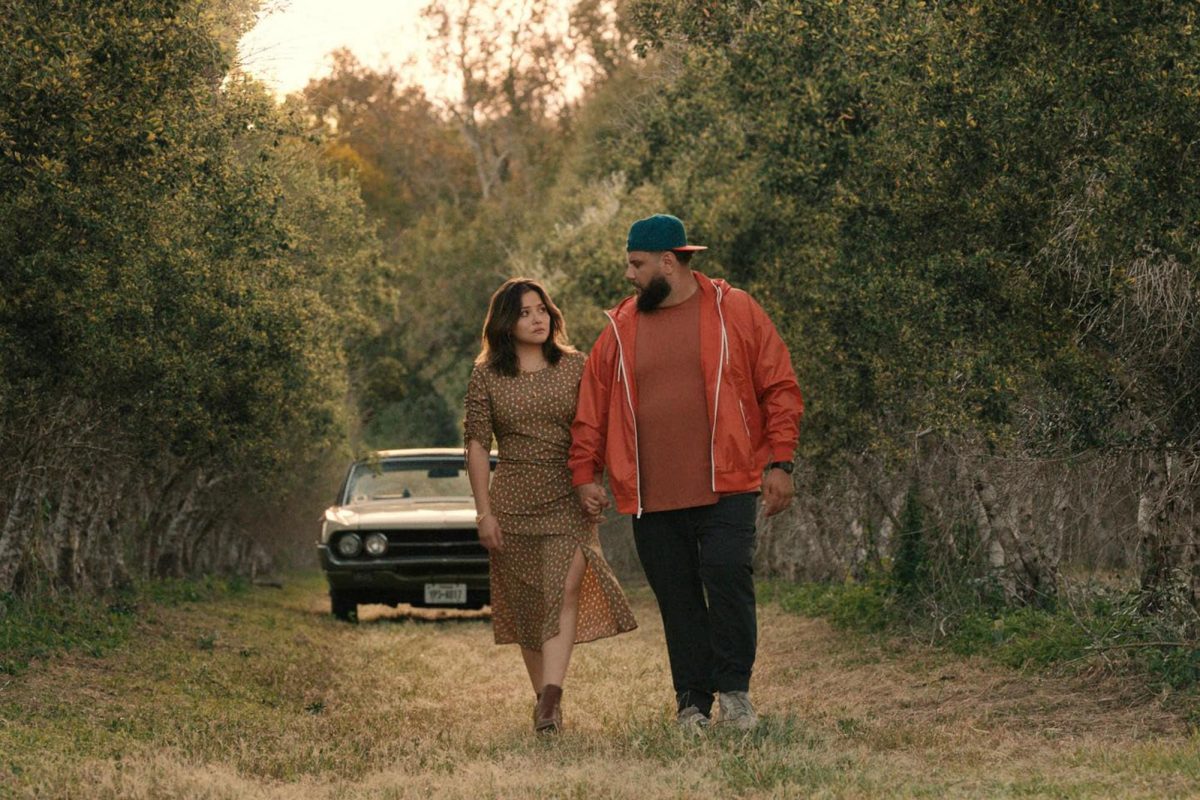Warning: This review contains spoilers.
The second season of the Netflix series “Mo” is one of the most surprising shows on television. I can’t think of a single show that would be daring enough to film a scene taking place in the U.S.-Mexico border where a Palestinian refugee sings Hank Williams with civilian vigilantes. No other series would be bold enough to depict the cruelty of being detained in a U.S. Immigration and Customs Enforcement facility while admitting the humanity of its officers — and that’s just episode two.
Palestinian American comedian Mohammed Amer’s show is effective at holding two things at once. It’s a comedy and a drama. It’s a vivid depiction of Mo’s life as a stateless Palestinian refugee seeking asylum in the United States. All in all, season two is an emotional rollercoaster, and the audience is along for the ride in the best way possible.
While the start is a bit uneven with Mo Najjar (Amer) still stranded in Mexico after accidentally crossing the border in the season 1 finale, the show finds its footing when Mo is back in the United States. His escapades in Mexico may have been absurd, but after being apprehended at the border, Mo faces major consequences.
When he returns home, he finds his mother Yusra (Farah Bsieso) and brother Sameer (Omar Elba) running their olive oil business, named 1947, without him. He’s forced to return to hawking “authentic bootleg” handbags and shoes from his car, and come to terms with the fact that his ex-girlfriend Maria (Teresa Ruiz) is dating an Israeli man. And after 20 years of waiting, his asylum is rejected and he is deported.
Still, each tragedy is not without some comedic bite. Mo is forced to timeshare his room at home with Sameer’s cat. He accuses Maria of “emotional terrorism.” And in the biggest twist of all, Mo isn’t really deported. Kinda. As a stateless person, there isn’t a clear place to deport Mo, so he is allowed to stay in Houston with an ankle monitor with a very shitty battery.
The phrase “America is a nation of immigrants” — which once felt presumed — feels very fraught under the Trump administration’s intent on stripping away immigrants’ rights, and “Mo” explores this tension with nuance. Mo and his friend are at home in a pick-up truck or Bass Pro Shop, yet they aren’t exactly embraced in these spaces. In episode seven, “Field of Dreams,” a lively debate ensues at Thanksgiving dinner about what America means to a table comprised of immigrants, who don’t come to a consensus.
In the season finale, “A Call From God,” the Najjar family, pre-Oct. 7, finally receive legal status in the United States and are able to travel to their village in Nablus without fear of deportation. The episode highlights the daily indignities of living under occupation such as checkpoints, an oppressive permit system — a tedious pile of paperwork for each task — and settler violence, a reality only dampened further by the viewer’s knowledge of what’s to come.
Under these conditions, Mo and his family negotiate how to face their continued trauma while trying to live, thrive and resist. The show can be emotional, with Mo often moved to tears by his circumstances, yet these moments are balanced out by hilarity. This tension, rather than detracting, adds to the show.
“Mo” demonstrates that social issues are not just a thing of tragedy. Sometimes we turn to humor because it is the only way to understand what is otherwise devastating. It’s a creative way of approaching what people otherwise may not touch. The comedy of “Mo” pulls you in, and in the process, makes you confront topics you may prefer to avoid, like xenophobia, racism and Islamophobia. “Mo” is thoughtful and political. It’s the kind of show that suffers in the age of algorithms, and yet it’s the kind we need the most.
Contact Sawyer Gouw Ranzetta at [email protected].
























































































































































